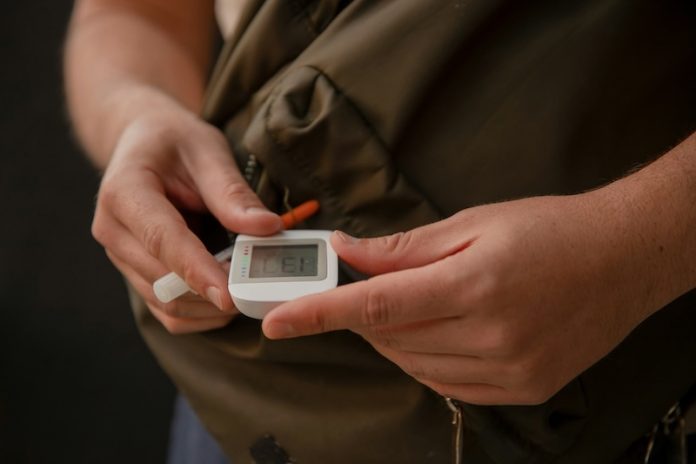
More than 37 million people in the United States have diabetes, and many of them have type 2 diabetes. While this condition is often seen in older adults, it is now affecting more young people too.
Most people with type 2 diabetes need to take medicine to control their blood sugar. Some even have to inject insulin every day. But what if there was a different way to manage the disease?
Scientists have introduced a new treatment called ReCET, which stands for Re-cellularization via Electroporation Therapy. This treatment could offer a new option for people with type 2 diabetes.
ReCET uses controlled electric pulses to change the inside lining of the small intestine. Doctors use a tool called an endoscope, which is a thin tube with a camera, to carry out the treatment. They insert the endoscope through the patient’s mouth to reach the small intestine.
In a small study, 14 people with type 2 diabetes tried the ReCET treatment. After the procedure, they followed a special diet for two weeks. Then, they began taking a diabetes medication called semaglutide. This drug can help some people stop using insulin, but it doesn’t work for everyone.
The early results are exciting. Most of the people in the study were able to stop injecting insulin and still keep their blood sugar under control. The researchers believe that ReCET helps the body use insulin better, which means people may not need as much medication.
This could be a big deal for those living with type 2 diabetes. Not needing daily insulin shots would make life easier and more comfortable. However, more research is still needed to make sure ReCET is safe and works for more people.
In the meantime, it’s important to remember that healthy habits also play a big role in preventing and managing type 2 diabetes. Staying active, eating well, avoiding smoking, and limiting alcohol can all help.
There’s also other research happening in the world of diabetes. For example, some studies are looking at how certain diets, like the MIND diet, might protect vision. Others are studying medicines like metformin, which may help slow down memory problems.
The study on the ReCET treatment was presented at a major medical meeting called Digestive Disease Week in 2023. While the research is still in early stages, it offers hope for better ways to treat type 2 diabetes in the future.
If you care about diabetes, please read studies about Vitamin D and type 2 diabetes, and to people with diabetes, some fruits are better than others.
For more health information, please see recent studies that low calorie diets may help reverse diabetes, and 5 vitamins that may prevent complication in diabetes.
Copyright © 2025 Knowridge Science Report. All rights reserved.



